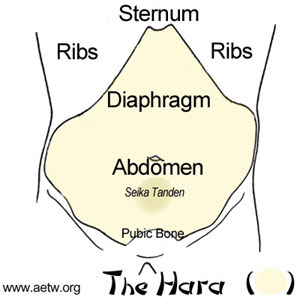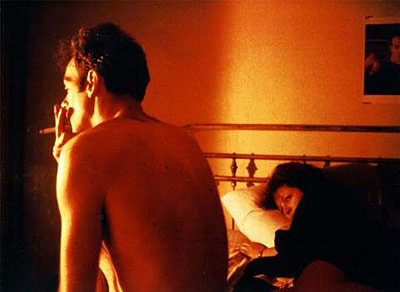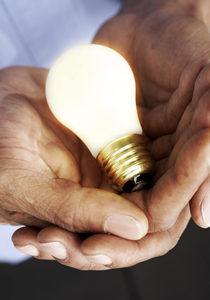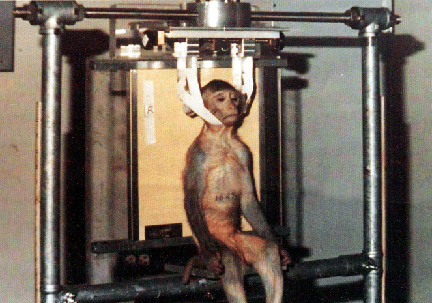Welcome to the ezine produced by SGI Buddhists that prompts the positive, kindles the constructive, highlights the hopeful and leaves you feeling - well, up!

Every Wednesday, Farmaround, an organic vegetable box company, delivers a large box of British vegetables straight to my door, writes Julia Stephenson
They offer great value and I feel
happier knowing that the farmers involved in the scheme get paid a
proper sum for their produce – unlike those that must face the
nightmare of dealing with capricious supermarkets who can terminate
contracts on a whim and reject vegetables if they are the wrong size or
shape. It’s also a relief to know that the contents of my box have not
been sprayed with pesticides.
 Located just two inches below the navel our centre, or Hara as
it's known in Eastern traditions, is a powerful physical and spiritual
energy point.
Located just two inches below the navel our centre, or Hara as
it's known in Eastern traditions, is a powerful physical and spiritual
energy point.
Anger, stress and emotional pain can leave us feeling distinctly off-centre. Anastasia Stephens looks at some techniques that help to re-connect us to our Hara, boosting our overall health and sense of well-being.
 For many years Nan Goldin and her work has fascinated me, writes Clea Myers
For many years Nan Goldin and her work has fascinated me, writes Clea Myers
Her self-referencing photographs connect with me on such a visceral level, I find perusing them akin to being blasted with ice-cold water. Add her personal battles with addiction and we could be soul sisters.
Wishes aside, I am delighted that her recent work- all about sexual dependency - is currently on show across the Channel at the Parisien Photographers Institute, Les Rencontres d'Arles, July 7-13 September 2009.
Drusilla Beyfus, veteran journalist and esteemed author, interviews her for The Daily Telegraph.
 What is the role of non-violent action in helping
to end violent conflict and build peace? In many of complex and
challenging conflicts in the world, where civilians are increasingly
the targets and victims of violence, does non-violence have a positive
role to play?
What is the role of non-violent action in helping
to end violent conflict and build peace? In many of complex and
challenging conflicts in the world, where civilians are increasingly
the targets and victims of violence, does non-violence have a positive
role to play?
By Craig Zelizer
Within the field of conflict resolution, what is the role of
non-violence and is using force to end a conflict ever justified? There
are widely diverging perspectives on this within the field, among
scholars and practitioners. Some would argue that trying to stop
violence by using force is only adding fuel to a fire. While others
would stress, that using force to end genocide or extreme violence is
morally justified and necessary. It is most important to stop killing
and injustice and that with the proper intervention, at times using
force may be necessary.

No wires, either! A system that can deliver power to devices without the need for wires heralds a revolution in how we use and manage electricity
Now watch the amazing Inspired Bicyles!
 When last week, my father celebrated his second wedding, he asked my brother to say a few words after the ceremony writes Julia Stephenson
When last week, my father celebrated his second wedding, he asked my brother to say a few words after the ceremony writes Julia Stephenson
'I hope you won’t be offended that I haven’t asked you?’ he asked me nervously. Au contraire, I reminded him, there are some advantages to being female, and one of them is not having to speak in public very often.
However, when the British Union for the Abolition of Vivisection asked if I would give a two-minute talk, along some of their other supporters, at the House of Commons recently (they were promoting their popular campaign to abolish the testing of cleaning products on animals) I blanched with horror at the thought and promptly agreed.

